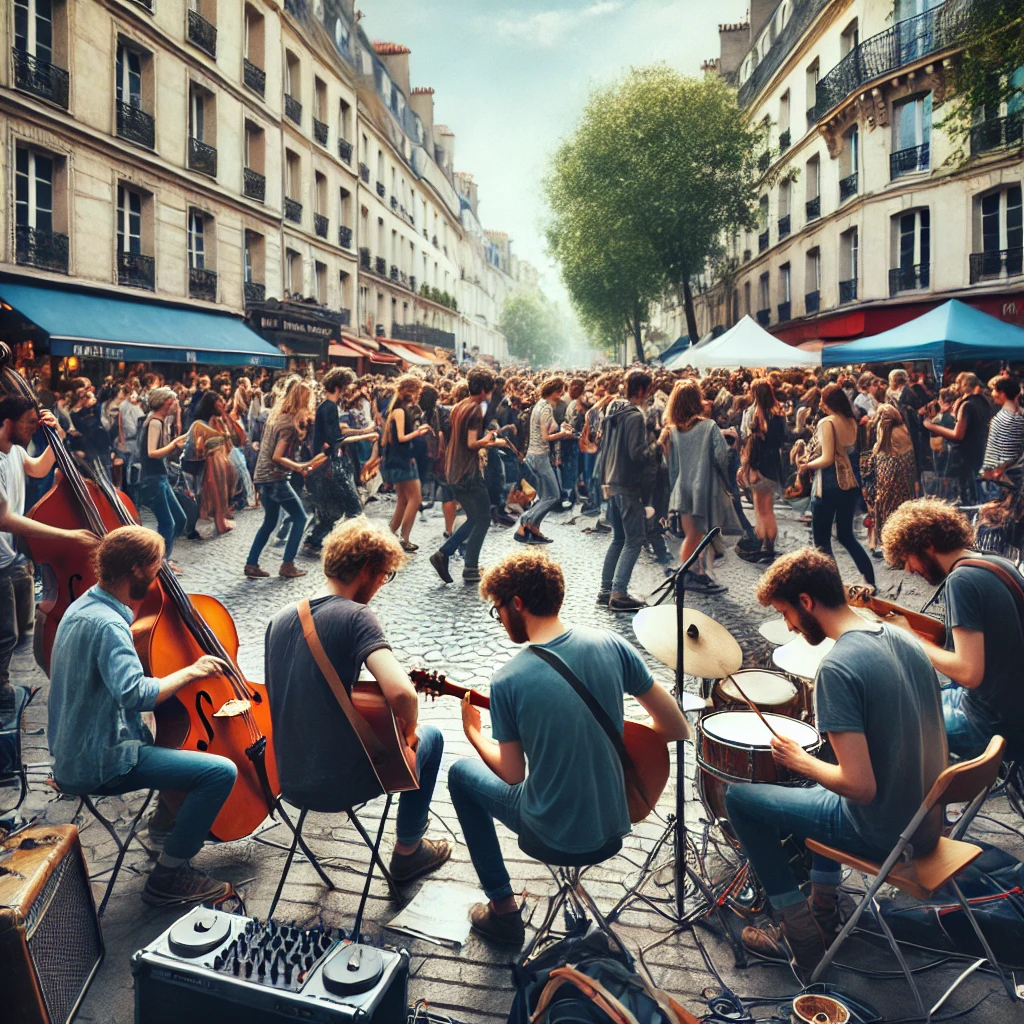Table of Contents
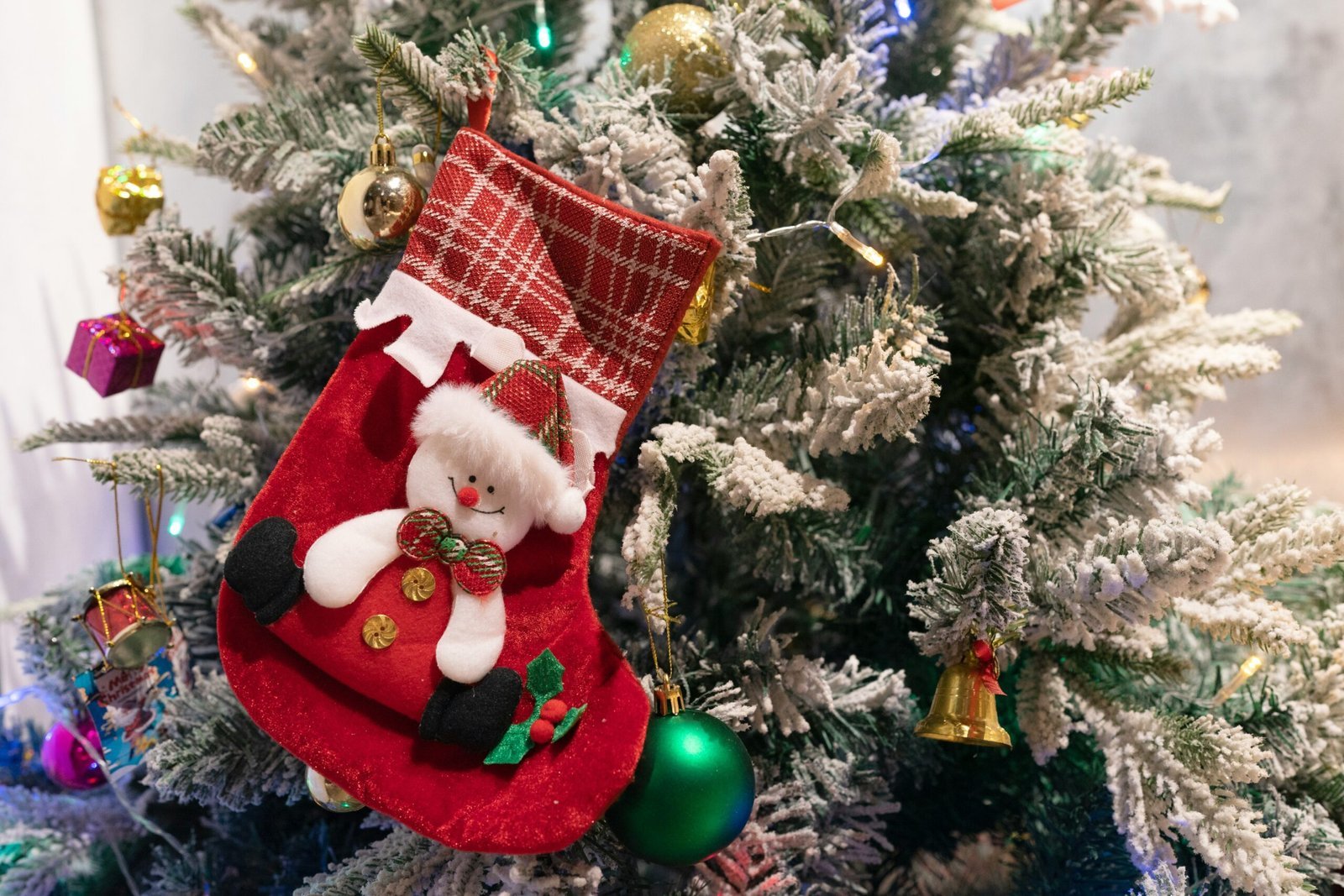
Introduction to French Festivals
France, a country known for its rich cultural history and vibrant traditions, celebrates an array of festivals throughout the year, each reflecting the unique heritage and community spirit of its diverse regions. From grand national holidays to localized cultural events, French festivals offer an immersive experience into the heart of its traditions and societal values.
The significance of these festivals in French culture cannot be overstated. Rooted deeply in history, many festivals date back centuries and are often tied to religious or historical events. These celebrations serve not only to honor and remember past events but also to bring communities together, fostering a sense of belonging and continuity. They offer residents and visitors alike a chance to engage with local customs, food, music, and arts, creating a vibrant tapestry of experiences that highlight the diversity of French culture.
Throughout the year, France’s various regions come alive with celebrations that reflect their distinct identities. For instance, summer in the south of France is synonymous with music festivals like the famous Festival d’Avignon, where the streets are filled with performances of theater, poetry, and dance. Autumn brings the grape harvest festivals such as the renowned Bordeaux Wine Festival, celebrating viticulture and regional culinary delights. Winter’s chill is warded off by the magical Christmas markets in Alsace, where festive lights, artisanal crafts, and warm spiced wine create a fairy-tale atmosphere.
Tourism in France is significantly bolstered by these festivals, drawing millions of visitors from around the world. The influx of tourists not only supports the local economy but also provides an opportunity for cultural exchange, enriching the experience for both locals and visitors. By participating in these festivals, tourists gain a deeper understanding and appreciation of French culture, while the presence of international guests adds a global dimension to these traditional celebrations.
France’s seasonal festivals are a testament to its cultural richness and regional variety. They offer a unique way to explore the country, with each region providing distinct and memorable experiences through its traditional festivities. Whether you are an avid festival-goer or a curious traveler, the vibrant festivals of France promise an enriching journey through its cultural landscape.
Springtime Celebrations
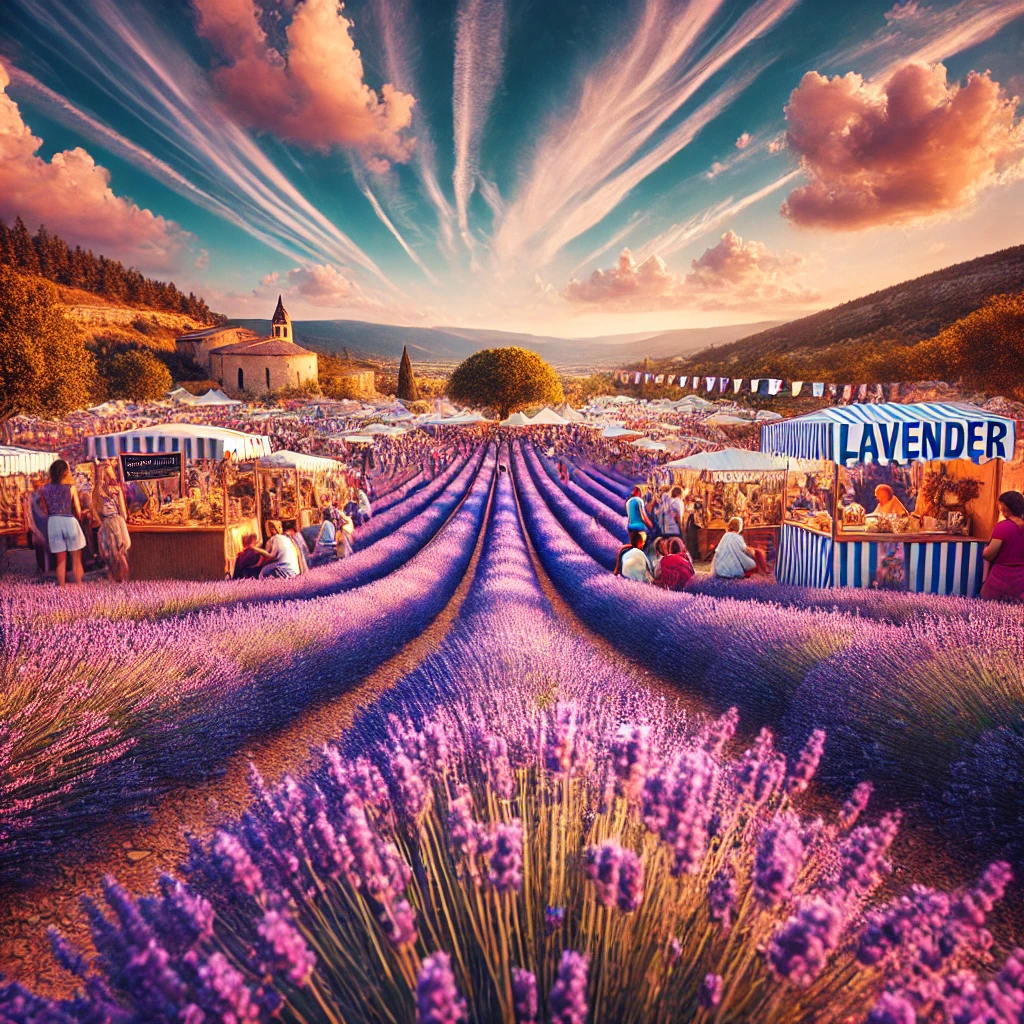
Springtime in France heralds the arrival of a vibrant array of festivals that celebrate the season’s rebirth and cultural richness. Among these, the Festival of Gardens, held in Chaumont-sur-Loire, stands out as a beacon of horticultural artistry. Running from late April to early November, this event transforms the Château de Chaumont-sur-Loire’s grounds into a spectacular garden exhibition. The festival features creative garden designs by international landscapers, offering visitors a feast for the senses and a deep dive into contemporary landscape diversity.
Another hallmark of the French spring is the Cannes Film Festival, revered globally as a premier showcase of cinematic excellence. Occurring annually in May, the festival draws film industry elites, international celebrities, and cinephiles to the stunning French Riviera. The event is renowned for its glamorous red carpet, the Palme d’Or award, and a selection of groundbreaking films across various genres. Its influence extends beyond the industry, setting trends in fashion, culture, and global cinema.
Both of these spring festivals offer not only entertainment but also cultural enrichment. The Festival of Gardens in Chaumont-sur-Loire is a vibrant testament to the French passion for beauty and innovation in landscape design. It allows visitors to explore the interplay between nature and art, appreciating the meticulous attention to detail and creativity in each garden. Meanwhile, the Cannes Film Festival showcases the pinnacle of filmmaking, reinforcing France’s pivotal role in artistic expression and cultural dialogues.
Whether wandering through the artistic gardens of Chaumont-sur-Loire or experiencing the cinematic wonders in Cannes, France in spring is a season of unparalleled cultural heights. These festivals, marked by their unique attractions and deep cultural roots, invite visitors to immerse themselves in the essence of French heritage and contemporary creativity.“`html
Summer Festivals

France offers a rich tapestry of festivals during the summer, providing cultural enthusiasts and tourists alike an array of vibrant events to experience. One of the most prominent is the Avignon Festival, an arts festival that dates back to 1947. Held annually in July, this festival transforms the historic city of Avignon into a living, breathing theatre. Attendees can enjoy an array of performances ranging from traditional theatre to modern dance and music. The festival’s venues are as diverse as its performances, spanning majestic papal palaces to quaint street corners, contributing billions of euros into the local economy and significantly enhancing the cultural vibrancy of the region.
Another key event is the Bastille Day celebrations on July 14th. This national holiday commemorates the storming of the Bastille prison in 1789, a pivotal event in the French Revolution. Events on Bastille Day include parades, fireworks, parties, and concerts, which take place across the country. The most famous of these is the military parade held on the Champs-Élysées in Paris, attended by thousands and broadcast nationwide. Local communities benefit greatly, as millions of euros are spent on organizing these festivities and drawing tourism. The spirit of camaraderie and shared heritage makes this day a cornerstone of French national identity.
Tour de France, initiated in 1903, is another highlight of the French summer. This multi-week cycling event covers approximately 3,500 kilometers across various terrains, drawing competitors from around the world. It is not just a sporting event but a spectacular showcase of French geography and culture. Towns and villages on the route benefit economically from hosting stages, as thousands of spectators flock to witness the race, filling local hotels and restaurants. The event is a testament to French competitive spirit and endurance, captivating global audiences and celebrating human achievement.
In essence, summer in France is a captivating period, enriched by festivals that offer history, celebration, and community. It is an ideal time to immerse oneself in the unique cultural heritage that defines France, creating unforgettable memories with each event.
Autumn Festivities
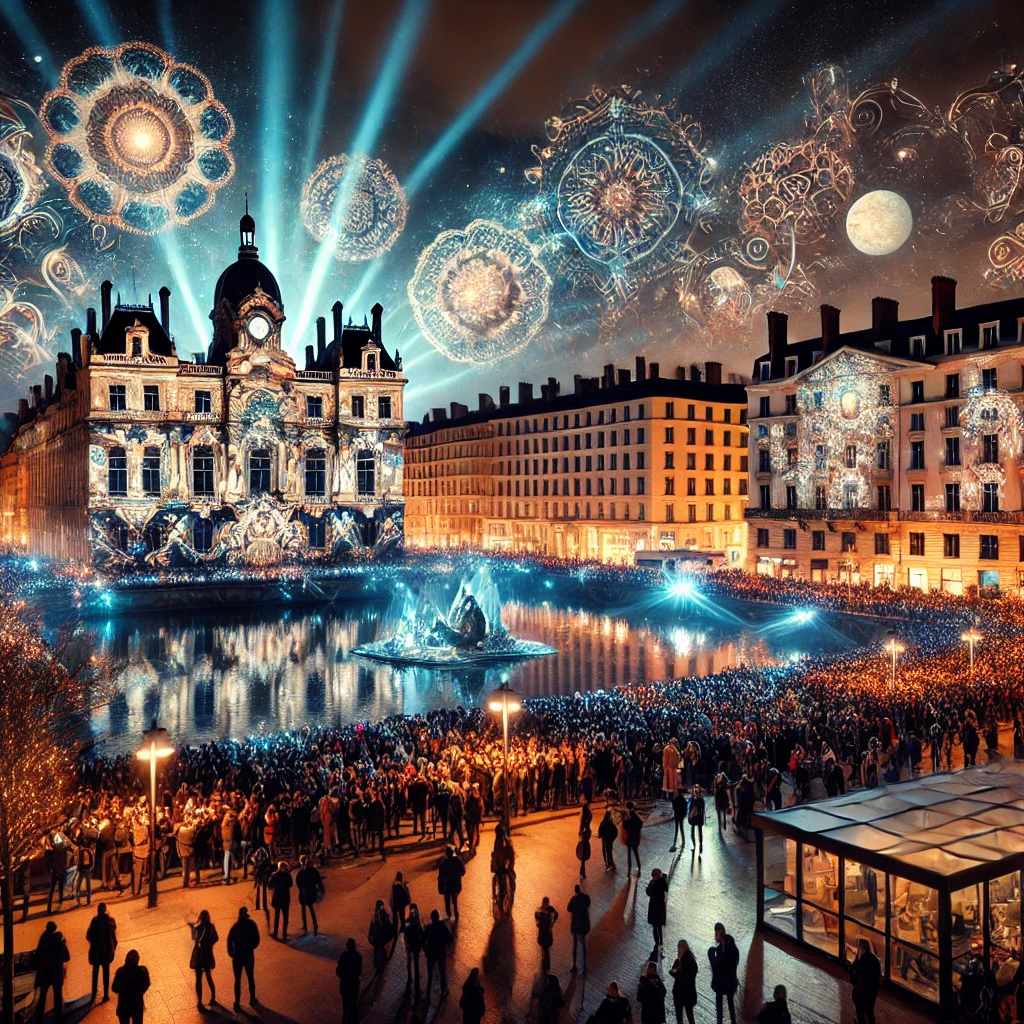
Autumn in France marks the beginning of a vibrant festival scene, with celebrations that vividly highlight the country’s rich cultural heritage. One of the most eagerly anticipated events is the Grape Harvest Festival in Montmartre. Held annually in October, this festival transforms the historic neighborhood into a hive of activity. Visitors can witness traditional grape harvesting, parades featuring folk dancers, and live music. The highlight of the festivities is the grand parade through Montmartre’s vineyard, which offers an immersive glimpse into French winemaking traditions. Additionally, wine tastings and gastronomic delights such as cheese, charcuterie, and local pastries are abundantly available, making it a feast for all senses.
A little further south, Lyon’s Festival of Lights, known as Fête des Lumières, takes place annually in early December, and demonstrates an autumnal charm intertwined with the onset of winter. Over four days, the city transforms into a dazzling spectacle of light installations and projections, celebrating the city’s devotion to the Virgin Mary. Local and international artists create light displays that adorn buildings, streets, and parks, attracting millions of visitors each year. Traditional Lyonnais foods, including savory dishes like quenelles and sweets such as pralines, offer a delightful culinary complement to the visual feast.
The Beaujolais Nouveau Day held on the third Thursday in November, celebrates the release of the first wine of the season in the Beaujolais region. This festival epitomizes French joie de vivre, with numerous parties and events throughout France, commemorating the occasion. The Beaujolais Nouveau, a young, fruity red wine, is officially released at midnight, followed by a night of revelry that continues into the next day. This event is also accompanied by local music, dance, and culinary delights such as regional cheeses and meats, providing an unforgettable experience for both residents and tourists.
These autumn festivals reflect the rich tapestry of French culture, seamlessly blending tradition, art, and gastronomy, and offer visitors a unique opportunity to engage with the essence of French life during the vibrant autumn months.
Winter Wonderland
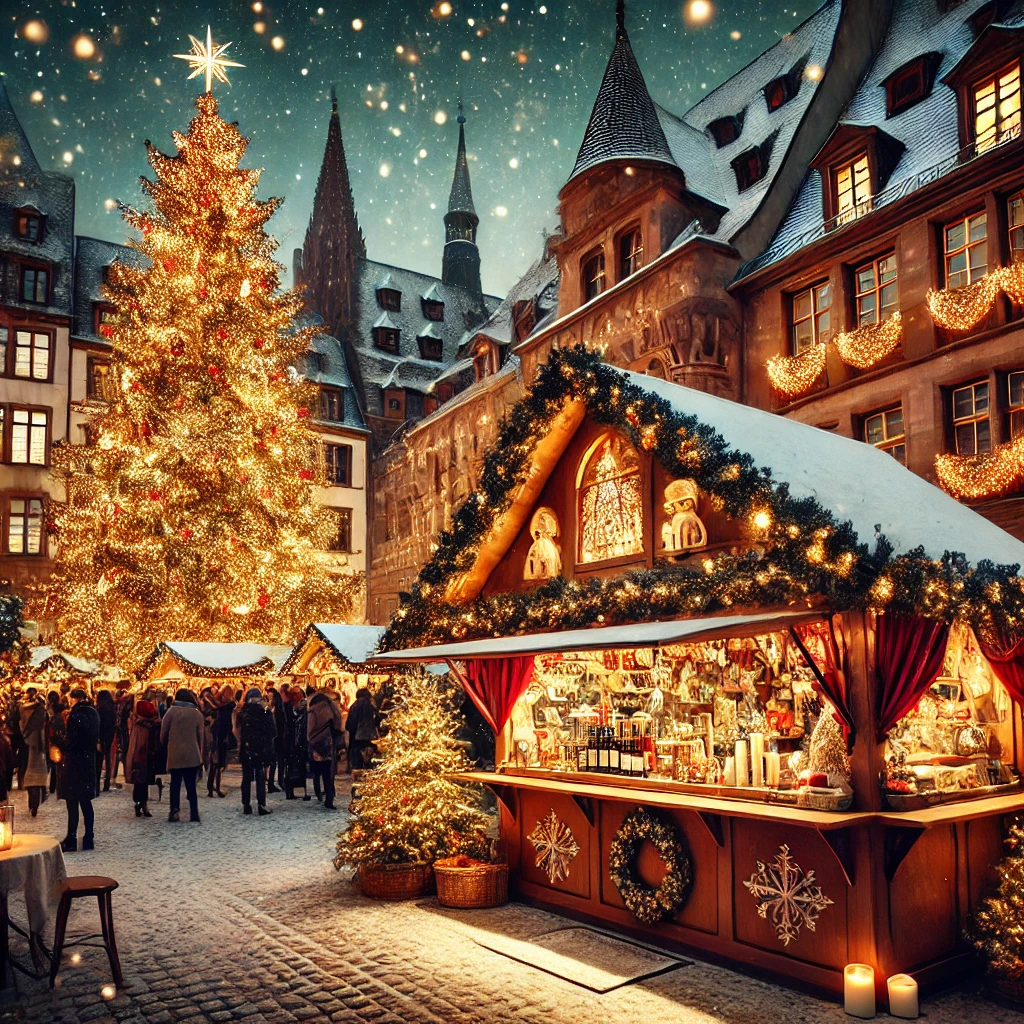
France transforms into a picturesque Winter Wonderland during the colder months, offering a variety of festive celebrations that encapsulate the season’s unique charm and atmosphere. Among the most notable events is the Christmas market in Strasbourg, which is often heralded as the oldest and most picturesque in Europe. The market, set against the backdrop of the Strasbourg Cathedral, features over 300 chalets brimming with artisanal goods, delicious seasonal treats, and craftspeople showcasing their wares. Visitors should not miss the opportunity to sample traditional Alsatian dishes like tarte flambée and mulled wine while basking in the festive illumination that adorns the cobblestone streets.
In addition to Christmas markets, the Nice Carnival brightens the French Riviera with its vibrant parades and elaborate floats. Typically held in February, this two-week extravaganza includes flower battles, where participants shower spectators with thousands of vibrant blooms. The Nice Carnival is known for its lively atmosphere, marked by music, dance, and captivating light displays. The Promenade des Anglais becomes a central hub of activity, offering a stunning seaside backdrop to the festivities.
Winter in France wouldn’t be complete without the traditional Epiphany celebrations, which center around the delectable galette des rois, or King’s Cake. This almond-filled pastry honors the arrival of the Three Wise Men on January 6th, and many households and patisseries partake in the tradition. Hidden within the cake is a fève, a small trinket, and the lucky individual who finds it is crowned king or queen for the day. Paris, with its array of renowned bakeries, is an especially excellent place to experience this custom.
These winter festivities, from Strasbourg’s enchanting Christmas market to the exuberant Nice Carnival and time-honored Epiphany traditions, offer visitors an immersive experience into France’s rich seasonal culture, making the winter months a uniquely magical time to explore the country.
France is a country renowned not only for its rich history and vibrant culture but also for its unique regional festivities that draw visitors from across the world. One such prominent event is the Feria de Nîmes, held in the city of Nîmes. Derived from traditional bullfighting festivals in Spain, this exciting event, which occurs twice a year in May and September, transforms the city into a hub of music, dance, and bullfights. Local gastronomy, such as paella and other regional delicacies, takes center stage, emphasizing the unique culinary traditions of Southern France.
Another noteworthy celebration is the Menton Lemon Festival. Situated on the French Riviera, this February festival pays homage to the region’s exceptional lemon production. Spectacular citrus-themed displays including vibrant floats and intricate sculptures, all made from locally grown lemons and oranges, define the event. The festival reflects Menton’s agricultural heritage and brings together local artisans who showcase their crafts, alongside traditional Provençal music and folk dances.
In Western France, one cannot miss the excitement of the Vendée Globe in Les Sables-d’Olonne. This solo, non-stop round-the-world yacht race is a triennial event starting in November. It symbolizes the maritime prowess of the Vendée region and its deep connection with oceanic and seafaring traditions. The prominence of fresh seafood, including oysters and mussels, in regional festivities and local markets, underscores the area’s reliance on and reverence for the sea.
These festivals reveal the profound connection between regional customs and local traditions across France. Whether it is the thrilling bullfights in Nîmes, the citrus artistry of Menton, or the daring solo quests of sailors in the Vendée Globe, each festival offers an immersive experience into the unique cultural tapestry of its locale, providing a deeper understanding of France’s diverse heritage.
France is renowned for its rich culinary heritage, and the nation’s food and drink festivals are a testament to this illustrious tradition. Among the most celebrated is the Lyon Food Festival, held every year in the gastronomic capital of France. This festival attracts food enthusiasts and industry professionals alike, offering workshops, tastings, and demonstrations by some of the most notable chefs in the country. Attendees have the opportunity to sample a variety of regional specialties, from the classic Lyonnaise sausages to the delicate quenelles.
Equally famous is the Bordeaux Wine Festival, a biennial event that showcases the world’s finest wines. Located in the heart of Bordeaux’s wine country, this festival is a paradise for oenophiles. Visitors can embark on wine-tasting tours, engage in masterclasses with renowned sommeliers, and explore wine and food pairings that highlight the storied vineyards of the region. The festival not only celebrates the exceptional wines but also the rich cultural landscape of Bordeaux, making it a comprehensive cultural experience.
The Dijon International Food Fair, one of the largest food fairs in France, brings together over 200,000 visitors annually. This event is a melting pot of flavors and cultures, featuring international cuisines alongside traditional French dishes. Notable chefs and producers gather here to present their best offerings, from gourmet cheeses and charcuterie to inventive fusion dishes. What sets the Dijon Fair apart is its celebration of culinary diversity, making it a truly multifaceted experience for every food lover.
These festivals are more than just celebrations of food and drink; they are essential parts of French culture and tradition. They offer a unique platform for local producers and artisans to showcase their talents while allowing visitors to immerse themselves in the culinary excellence for which France is known globally. Whether you’re a gourmand seeking new flavors or a casual foodie, these festivals ensure a memorable gastronomic journey in the heart of France.
Tips for Attending French Festivals
Planning to attend one of the vibrant seasonal festivals in France requires a fair amount of preparation to ensure a seamless and enriching experience. To begin with, obtaining tickets for popular events should be a priority. Many festival websites offer early bird specials, so booking in advance can secure your spot and potentially save money. Be sure to check official websites and authorized ticket sellers to avoid scams.
When it comes to travel, France’s extensive public transport network makes it relatively easy to reach festival locations. Trains, particularly the high-speed TGV, connect major cities and can quickly bring you close to your destination. For more localized travel, regional buses and car rentals are also convenient choices. Travel apps and websites can help you compare options for the best routes and prices.
Accommodation is another critical aspect. Given the surge in visitors during festival times, hotels, hostels, and Airbnb locations can fill up fast. It’s wise to book as early as possible. Alternatively, consider staying in nearby towns or villages and commuting to the festival site. This approach not only broadens your accommodation options but also allows you to explore additional areas of France.
To maximize your festival experience, immerse yourself in the local culture by learning a few basic French phrases. Simple greetings and expressions of gratitude go a long way in fostering goodwill and enhancing your social interactions with locals. Additionally, French festivals can attract large crowds, so be prepared for busy environments. Keep an open mind and remain patient, as these gatherings are celebrated for their lively, communal spirit.
Finally, be mindful of cultural etiquette. Dress appropriately, respecting local customs and weather conditions. Observe the behavior of locals and follow suit, whether it’s participating in traditional dances or understanding queuing norms. By blending in and showing respect, you’ll not only enjoy the event more fully but also create lasting, positive impressions.

